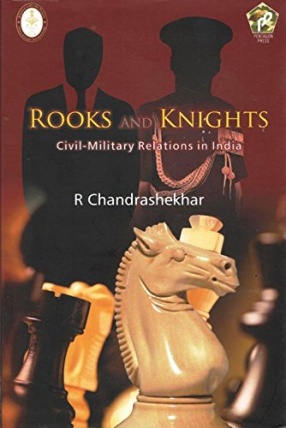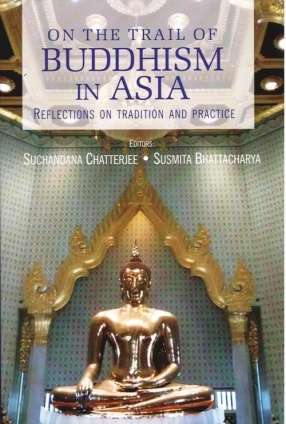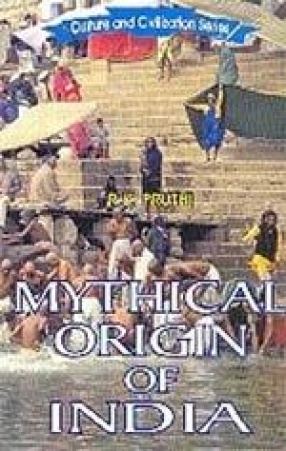It is axiomatic that in a democracy, the nation’s Armed Forces are subordinate to its elected Government. But a Nation’s Armed Forces are ‘Forces’ that exude and represent national power and areno ordinary subordinate agencies. Besides, they are unique organizations with long and proud traditions.
Control of the armed Forces is hence an arduously complex and delicate function requiring comprehensive and more importantly, a mature understanding of the Forces; ethos and internal mechanisms of operation.
No universally accepted templates exist for how this control must be exercised and each nation evolves a model best suited to its own polity, geography and geo-strategic environment. A cardinal dimension underlying the entire control regime remains the capacity of its economy to allocate fiscal resources towards ensuring its security.
The primary structures of control of India’s Armed Forces evolved under the British Rule. The course of evolution of these structures from the days of the East India Company and the Raj, their adaptation to conform to the requirements of a democracy, post-independence developments and the course this process needs to take to meet future requirements are some of the fascinating aspects of an absorbing subject this book attempts to explore.





There are no reviews yet.